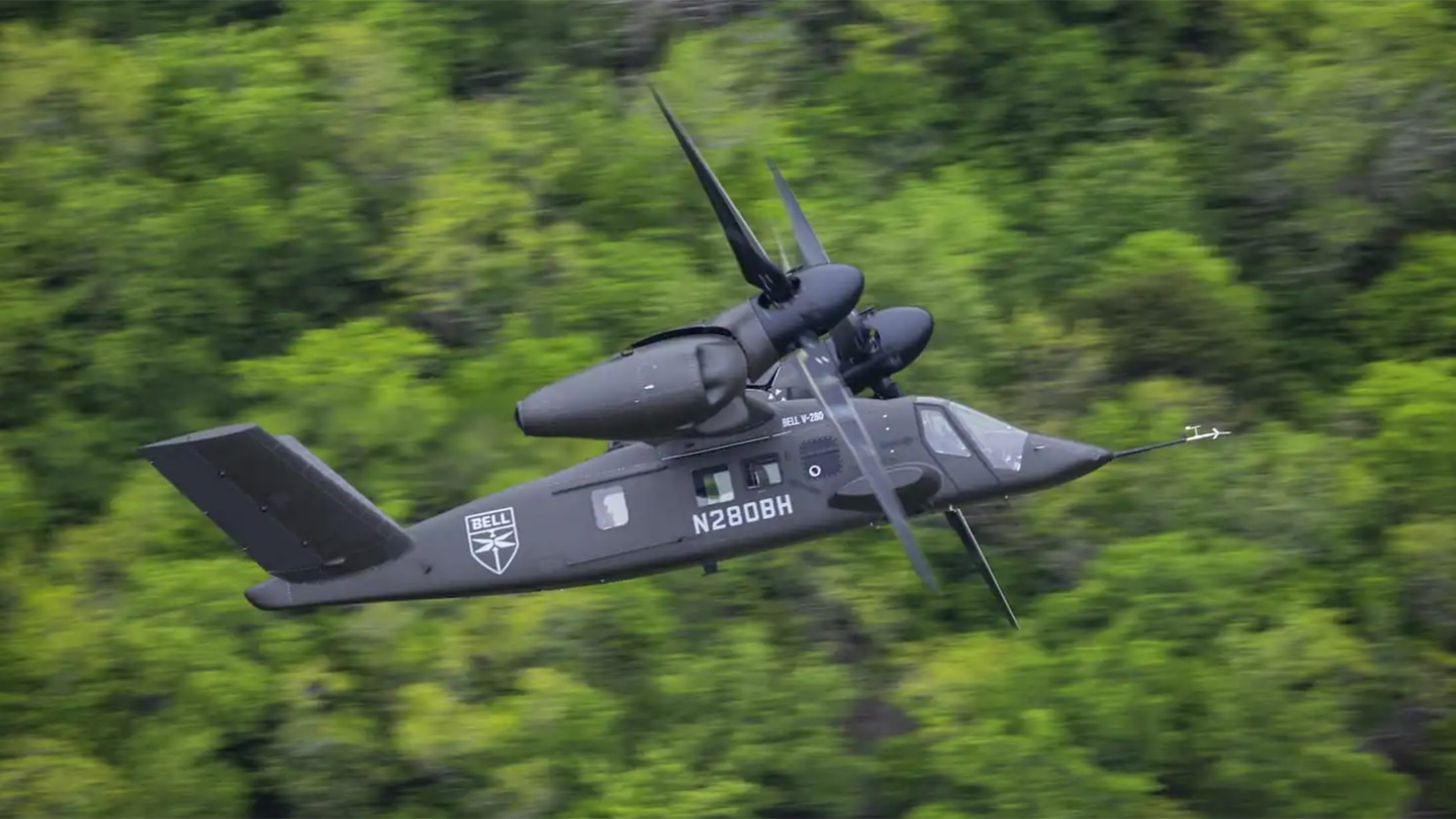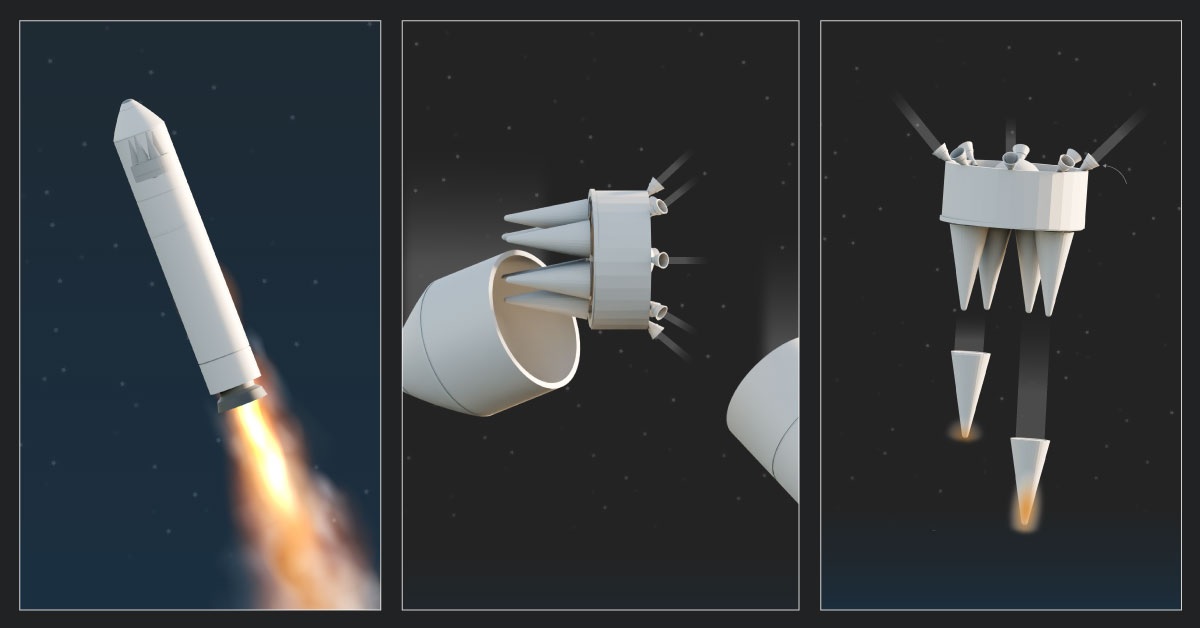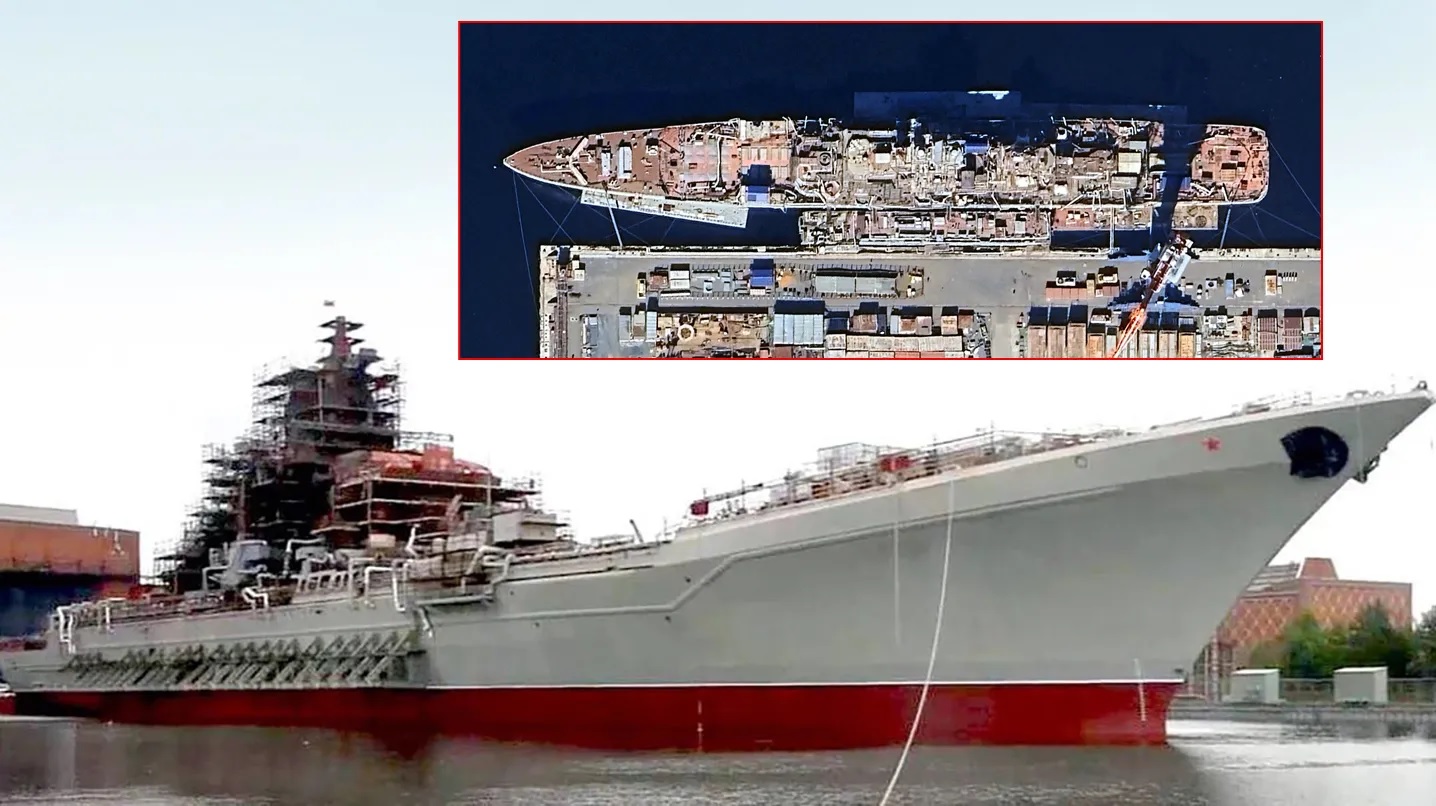3 Gaming-focused Linux Operating Systems beat Windows 11 in Gaming Benchmarks

Over the years, Linux gaming performance has witnessed significant enhancements, prompting a crucial question: How does it measure up against Windows 11? ComputerBase undertook an extensive benchmarking analysis, pitting three distinct Linux operating systems against Microsoft latest OS, only to discover that all three outperformed Windows 11. What even more noteworthy is that these Linux variants achieved their commendable performance levels while leveraging Valve Proton compatibility layer for all benchmarked titles.
The trio of Linux operating systems subjected to scrutiny were Arch Linux, Pop!_OS, and Nobara OS. Arch Linux, with its minimalist default installation, demands user customization for optimal performance. However, it boasts some of the fastest software and OS updates among Linux distributions, and SteamOS 3, the powerhouse behind the Steam Deck, is based on Arch Linux.
On the friendlier side for Linux beginners, Pop!_OS and Nobara OS offer default installations replete with applications and plugins, many tailored for gaming. Pop!_OS, an Ubuntu-based OS from System76, comes pre-loaded with Steam, Proton, and Lutris. Nobara OS, a modified version of Fedora Linux explicitly designed for gamers, features OBS, Wine, and third-party Nvidia drivers from the get-go.
ComputerBase conducted testing on an all-AMD setup, featuring a Ryzen 7 5800X and a Radeon RX 6700 XT. Notably, all games tested, including Cyberpunk 2077, Forspoken, Ratchet & Clank, Starfield, and The Talos Principle II, were originally designed for Windows but ran through Valve Proton compatibility layer on Linux.
In the performance showdown, all three Linux operating systems edged out Windows 11 by a slim margin. Nobara OS claimed the top spot with a solid 100 fps, while Arch Linux and Pop!_OS secured second and third positions with 99 fps and 95 fps, respectively. Windows 11 trailed with an average frame rate of 94 fps.
While pre-game analysis rankings showed some inconsistency, Nobara OS excelled in three games, outpacing its counterparts, and Arch Linux took the lead in Starfield. Rachet & Clank Rift Apart was the only game where Windows 11 emerged as the winner.
Despite the minute differences, the overall frame rate gap between each OS was minimal, with most titles exhibiting an fps delta of less than eight. Notably, Cyberpunk 2077 showed a more significant 17 fps gap between the slowest (POP!_OS) and the fastest (Nobara OS). This underscores Linux commendable gaming performance, even with the overhead of Valve Proton compatibility layer, showcasing competitiveness with Windows 11 on AMD hardware. The prospect of testing on Intel/Nvidia systems remains an intriguing avenue for further exploration.



